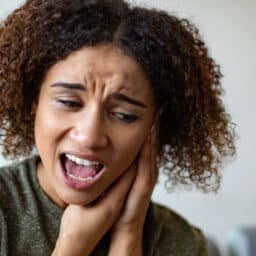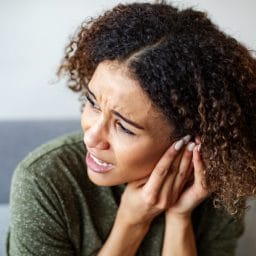Signs of Hearing Loss in Musicians
For musicians, the ability to hear and interpret sounds is essential to their craft. However, music can also pose a threat to their hearing health. Let’s explore why musicians may experience hearing loss and understand preventative measures they can take. Understanding Hearing Loss in Musicians Musicians are at a heightened risk of hearing damage due…
What To Know About Managing Somatic Tinnitus

Broad tinnitus refers to the presence of a ringing, buzzing or whooshing sound in the ears without an external source. Somatic tinnitus, a subsect of the condition, affects approximately 65% of those with broad tinnitus. With somatic tinnitus, the internal ringing is triggered by head, body and eye movements. Somatic tinnitus presents unique challenges beyond…
When Should You Carry Earplugs?

Hearing loss can occur progressively due to exposure to loud noises over time, or it can happen suddenly due to a particularly loud noise. The louder the noise, the quicker it can cause damage to your hearing. For instance, sounds above 70 decibels (dB) could initiate hearing damage over a period of time, while sounds…
Should I Get My Hearing Checked if I Have Diabetes?

If you have diabetes, complications from the disease can impact your hearing and balance. Due to this, the CDC recommends getting your hearing checked every year if you have diabetes. If you’re curious how diabetes could impact your hearing health, read on. How Diabetes Impacts Hearing and Balance The inner ear is sensitive to blood…
What Are Common Causes of Tinnitus?

Tinnitus, described as a ringing in the ears, is a common problem. According to the Center for Disease Control and Prevention (CDC) “about 8% of the U.S. adult population, or about 25 million Americans, has experienced tinnitus lasting at least five minutes in the past year.” While it’s not always possible to identify the cause…
